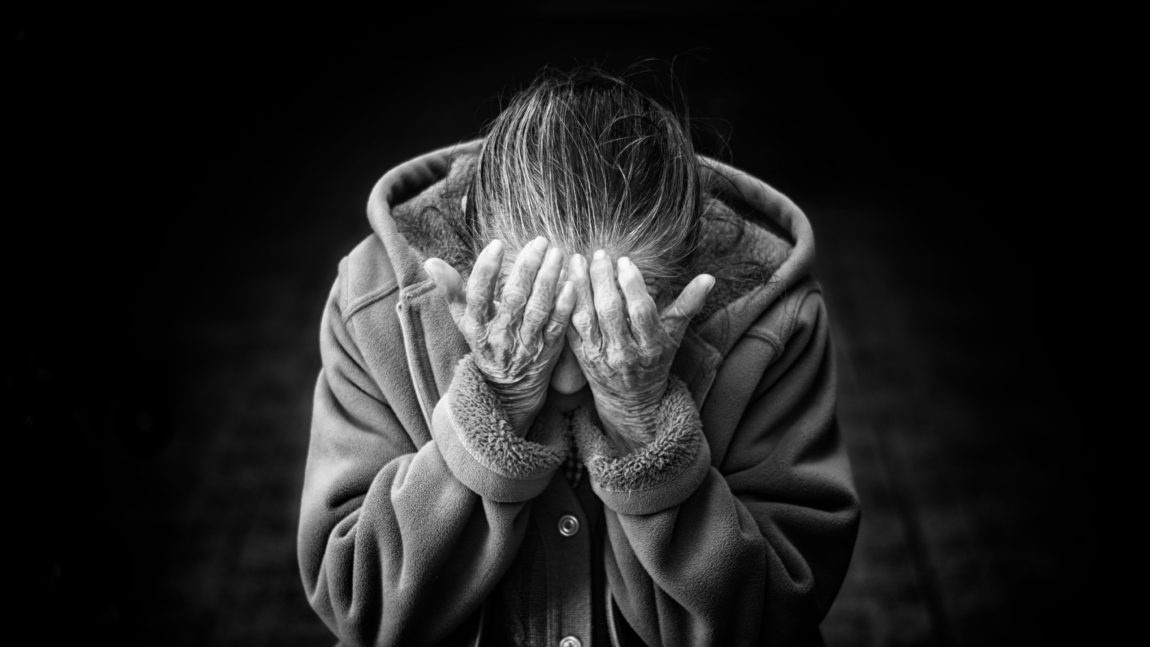Experts estimate that as many as 40% of people with Alzheimer’s suffer from significant depression. People in the early stages of dementia often become depressed and people who are depressed have an increased risk for developing dementia. There’s no one set explanation for the depression-dementia connection, and potential causes are both biological and behavioral.
Actually identifying depression in someone with Alzheimer’s can be tricky since there are so many overlapping symptoms. Some symptoms common to both depression and dementia include apathy, loss of interest in activities and hobbies, social withdrawal, isolation, trouble concentrating, and impaired thinking. The cognitive impairment experienced by people with dementia can make it hard for them to articulate any feelings associated with depression. A depression diagnosis requires an evaluation by a medical professional. In their diagnosis, a medical professional will look for signs of sustained irritability and social isolation as key signs of depression. The link between depression and dementia is not fully understood, but there are a variety of therapies and strategies available to improve the experience of people suffering from both depression and dementia. Some popular options include…
- Support groups. People in every stage of Alzheimer’s often find comfort seeking help and helping others going through the same thing in a community support group. Support groups are a space to seek and share support, frustration, and advice. In addition to in-person groups, online communities offer a more anonymous group setting for engaging with other dementia patients. Social media is one way to connect with the online community; dedicated Facebook groups and organized Twitter chats exist, like #alzchat which convenes on Twitter every Monday at 3pmET using that hashtag to share thoughts and advice on various Alzheimer’s topics.
- Exercise. If a doctor gives the OK for exercise, it can have many benefits, mood improvement being a major one. Exercise improves both depression symptoms and cognitive function. Swimming, tai chi, walking, dancing, and the stationary bike are all possible low-key exercises that many patients find manageable and enjoyable. Being physically active also opens up more opportunities for social interaction, like fitness classes or walking around the neighborhood with a companion.
- Alternative therapies.
- Music therapy. Music has the power to life spirits and stimulate positive interactions. Music triggers pleasure points in the brain that allow us to recall pleasant feelings without requiring much cognitive processing.
- Pet therapy. The presence of pets can relieve feelings of sadness and anxiety in dementia patients. Animals offer companionship and unconditional love.
- Virtual reality. Virtual reality can whisk viewers away to peaceful scenes like a boat on a river or a mountaintop and offer relief by triggering memories and promoting relaxing, positive emotions.
- For more innovative Alzheimer’s tools, check out our blog, 4 Innovative Therapies for People with Dementia.
Life with dementia will be different, but it can still be happy.
Some people prefer a non-medical approach to treating their depression, mainly relying on socialization and therapies like exercise, while others find that a combined approach of medication with other therapies works best for them. Either way, remaining active and socially engaged will help keep patients happy and healthy.
To learn more about Alzheimer’s or depression research studies at Asclepes, please visit here!

